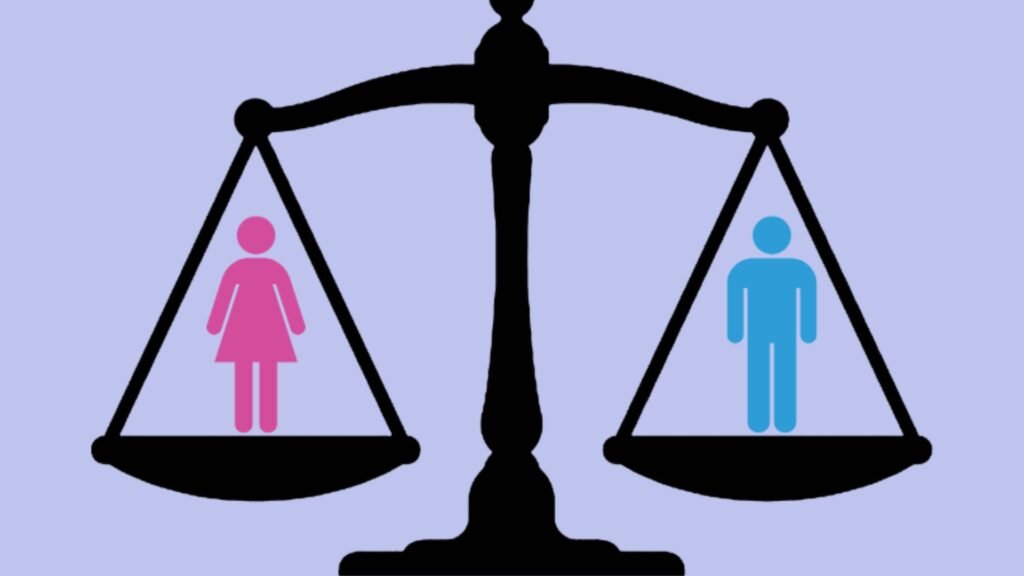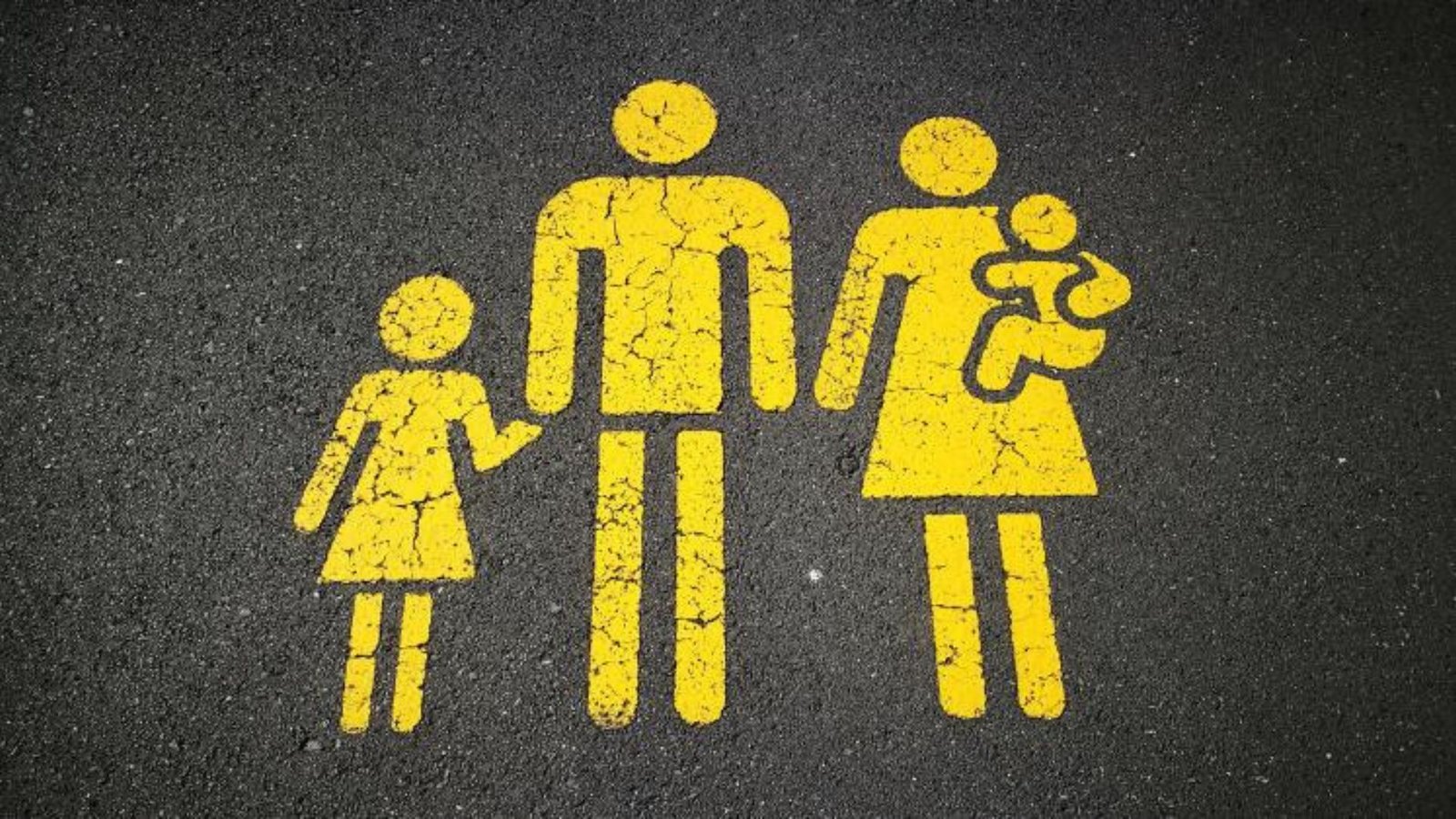The Impact of Gender Stereotypes
Gender stereotypes have a profound effect on both individuals and society. These stereotypes are fixed ideas about how men and women should behave based on their gender. For instance, the stereotype that women are better suited for caregiving while men are more competent in leadership roles influences many aspects of life. Understanding the impact of these stereotypes helps in addressing their negative consequences.

How Gender Stereotypes Affect Individuals
Gender stereotypes can limit personal growth and opportunities. For example, if society believes that certain careers are only for men or women, individuals might feel pressured to follow these expectations, even if they have different interests or talents. This can lead to dissatisfaction and hinder people from reaching their full potential.
For instance, a girl who loves math might be discouraged from pursuing a career in engineering because of the stereotype that math is a “male” subject. Similarly, a boy who enjoys arts may face ridicule for choosing a path traditionally seen as “feminine.” These stereotypes can affect self-esteem and career choices, leading to unfulfilled aspirations.
The Impact on Professional Environments
In the workplace, gender stereotypes can influence hiring practices, promotions, and workplace dynamics. For example, women might face biases that make it harder for them to be considered for leadership roles, while men might be overlooked for roles in fields like nursing or early childhood education. These biases can create unequal opportunities and impact job satisfaction.
Moreover, stereotypes can lead to a lack of diversity in certain professions. When gender stereotypes dictate which roles are appropriate for which genders, it restricts the range of talents and perspectives in various fields. This limitation can hinder innovation and growth within organizations and industries.
Gender Stereotypes and Relationships
Gender stereotypes also affect personal relationships. They shape expectations about how people should behave in romantic relationships and family roles. For instance, the belief that women should be the primary caregivers can place undue pressure on women and limit their professional opportunities. Conversely, men who are involved in caregiving may face societal judgment or feel less valued for their contributions.
These stereotypes can lead to conflicts and misunderstandings in relationships. When people feel constrained by traditional gender roles, it can create tension and dissatisfaction.
Challenging and Changing Gender Stereotypes
Addressing the impact of gender stereotypes involves several strategies. Education is a key tool in challenging these stereotypes. By teaching children and adults about the harm of gender biases and the value of diversity, we can help change outdated views.
Media also plays a significant role in shaping perceptions. Positive portrayals of diverse gender roles in movies, TV shows, and advertisements can challenge stereotypes and present new possibilities. For example, showing women as successful business leaders and men as nurturing parents helps normalize these roles and encourages broader acceptance.
Additionally, organizations and workplaces can adopt policies that promote gender equality and inclusivity. Implementing training programs on unconscious bias and creating opportunities for all genders in various roles can help reduce the impact of stereotypes and foster a more equitable environment.
Conclusion
In summary, the impact of gender stereotypes is far-reaching and affects many aspects of life, from personal growth to professional opportunities and relationships. These stereotypes can limit individual potential and create barriers in various settings. By challenging and changing these outdated views through education, media representation, and inclusive policies, we can work towards a more equitable and supportive society for everyone.
Addressing gender stereotypes is not just about changing perceptions; it’s about creating opportunities for all individuals to thrive regardless of gender. By doing so, we build a world where everyone can pursue their passions and roles without the constraints of traditional biases.



